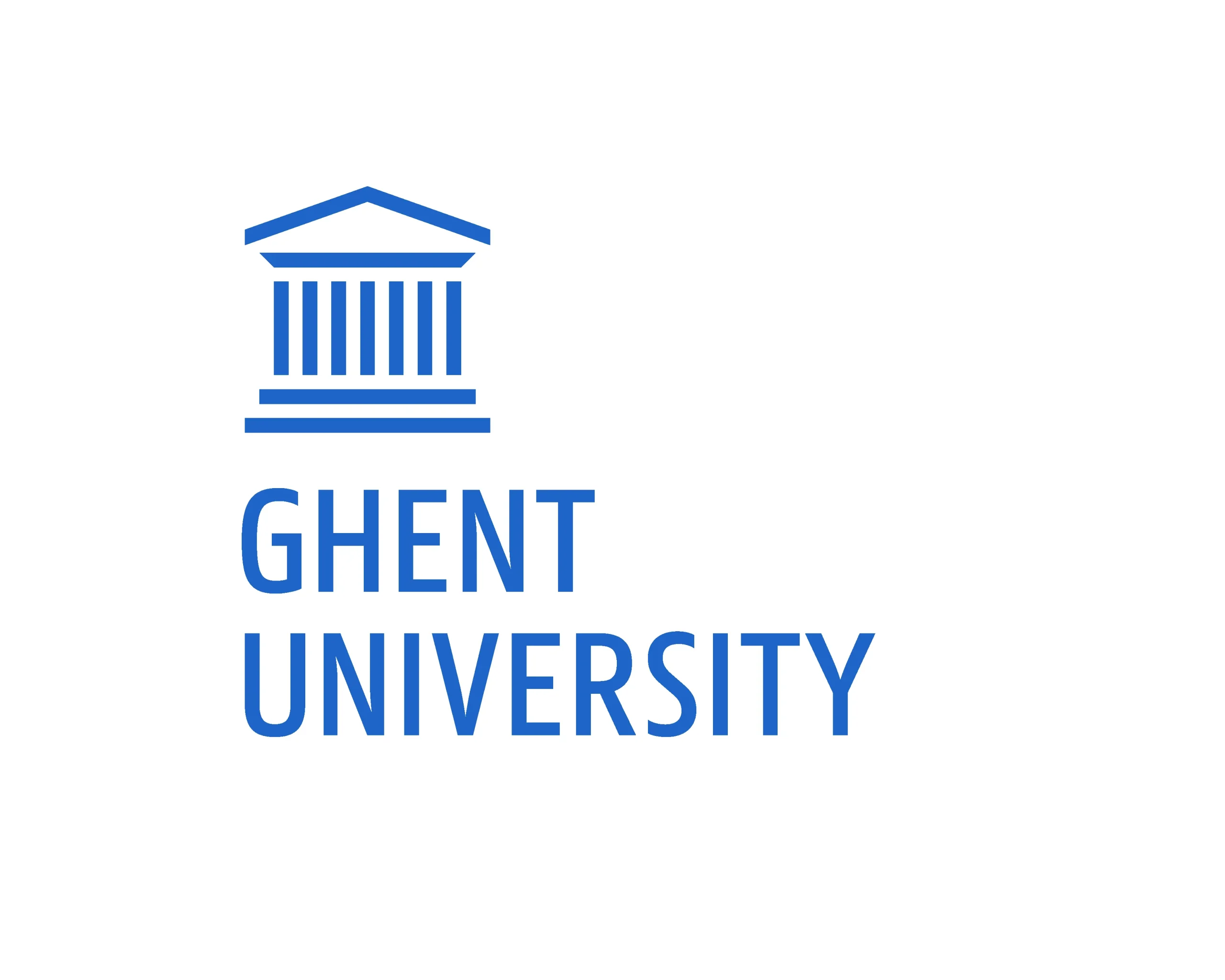
Gonzalo Villa Cox
postdoctoral researcher
Department of agricultural economics
Economics and Management of Natural Resources
Ghent University
Coupure links 653
Office A2.098
9000 Ghent, Belgium
gonzalo.villacox@ugent.be
Bio
Gonzalo Villa-Cox (° 1984) is a full time Doctoral Candidate at the Department of Agricultural Economics. He started working on his PhD in 2016. He holds a Master’s degree in Economics and Finance (2012) obtained at the Barcelona Graduate School of Economics/Universitat Pompeu Fabra. Since then, he has worked as a lecturer/researcher at ESPOL University (Ecuador) and has working experience on several research and twinning projects mainly situated in Ecuador. His main research topics cover diverse issues in Land Use and Water Resources Management.
Research
Title: Modelling Ecosystem Services provision embedded in the agricultural practices of Cocoa farmers: Case study of the Daule-Vinces Irrigation project in the Guayas River Basin, Ecuador.
During the past few years, important investments have taken place in Ecuador for developing multipurpose hydraulic infrastructures. One such investment is the Daule-Vinces Water Transfer Project (DVWTP), located in the Guayas River Basin, the most important area for agriculture in Ecuador. With an irrigation potential capacity estimated to up to 100.000 ha, the majority are of direct and indirect beneficiaries are small and mid-sized land holders. However, there is no clear definition about what type of agriculture and what type of development model can be more adequate for the area yet.
Our aim is to understand how specific agricultural practices of Ecuadorian Cocoa farmers situated near the DVWTP influence area relate to ecosystem services production of local Cocoa farming systems. Practices we include relate to the use of chemical and organic inputs, irrigation, post-harvest practices, disease management practices, seed varietals, etc. Each of these practices can then be linked with a set of trade-offs related to ecosystem services. We consider the selection of indicators, using the TEEB framework, selecting relevant ecosystems services that we want to address. In our case that is: from provisioning services we include (a) fresh water and (b) raw materials provisioning, and from regulating services we include (a) soil erosion and fertility regulation and (b) water quality regulation.
We achieve this understanding through the construction of an empirical model that allows us to explore the relevant interdependencies between these two groups of factors. Using this model, we intend to infer trade-offs between agricultural practices and the state/condition of ecosystem services in the area. However, a purely statistical approach would be limited in its predictive capacity to serve our purposes. Unless we limit ourselves to simple models, there is no way to be sure that tradeoffs between these alleged factors can be identified without significant bias. One lesser objective of our approach is to relax the dependency of statistical models on stringent assumptions. This can help these models to improve on their predictive ability by dealing explicitly with the known “bias/variance” tradeoff. By means of this approach, we aim to disentangle the intricate relationships, to infer causal effects between practices and biophysical indicators, or vice versa. The end objective is to help local policy makers identify the factors that impact practice adoption decisions, and depending on available data, measure the sensibility of the relative impact of these factors with respect to model specifications.
